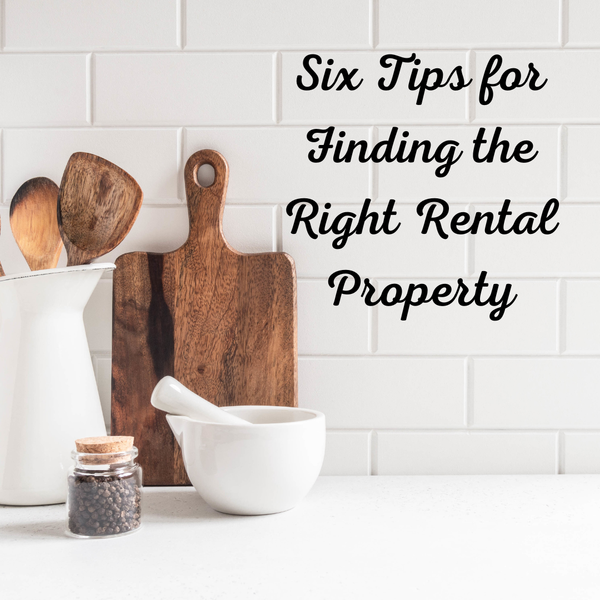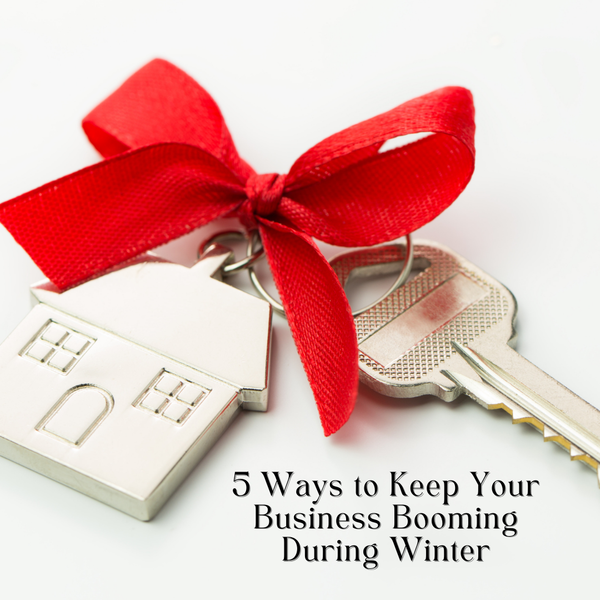Six Tips for Finding the Right Rental Property
If your future plan includes moving out on your own, you may have a few concerns as you plan to spread your wings. Unless you’ve been saving funds and working on your finances for the last year or so, you may not be quite ready to buy a home yet. So, how can you find a rental property that is right
Has the Real Estate Industry Forgotten About Business Differentiation
Everyone I have ever talked to who has successfully started or operated a business has focused on one overriding thought: what makes my business different from the competing business down the street, or in the same area?
I heard this yesterday during a business meeting with fellow CEO peers as one m
5 Ways to Keep Your Business Booming During Winter
Many view winter as the most wonderful time of the year, but it's considered the most difficult in real estate. According to the National Association of Realtors (NAR), "transactions and housing prices tend to be above-trend in the summer while activity typically slows down in the winter." However,
Pure Realty
Phone:+1(512) 337-0400




